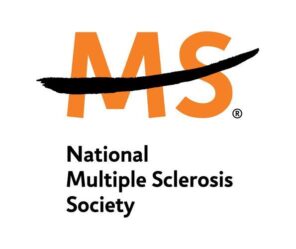Days until current Medicare telehealth flexibilities expire:
0
days
0
hours
0
minutes
0
seconds
Deadline: September 30, 2025
Congress recently passed a short term extension of critical telehealth flexibilities — but now millions of American patients will still face a potential telehealth cliff in September. Urgent action is needed to safeguard telehealth access, and provide the longer-term certainty necessary to unlock the full potential of virtual care for patients.

TELEHEALTH: VITAL FOR EVERY COMMUNITY
TELEHEALTH ACCESS SUPPORTS:

YOUR ACCESS IS AT RISK
URGENT action from Congress is required to permanently protect access to vital telehealth services in every American community.
During the pandemic, restrictions on telehealth were suspended through public health emergency (PHE) waivers. Congress passed, and the President signed into law, a two-year extension of these critical flexibilities at the end of 2022.
BUT without additional action from Congress to make these flexibilities permanent, millions of people could face another telehealth cliff and risk losing access to the care they value, such as mental health care, prescription drugs, and more.
Lost access to telehealth would mean:
- Patients with chronic conditions like diabetes & heart disease may have fewer care options to maintain their quality of life.
- Patients with health challenges may need to seek care through more costly settings, such as emergency room visits to address health concerns.
- Patients & caregivers may be forced to travel across state lines to see specialists.
- Reduced access to mental & behavioral health providers.














































